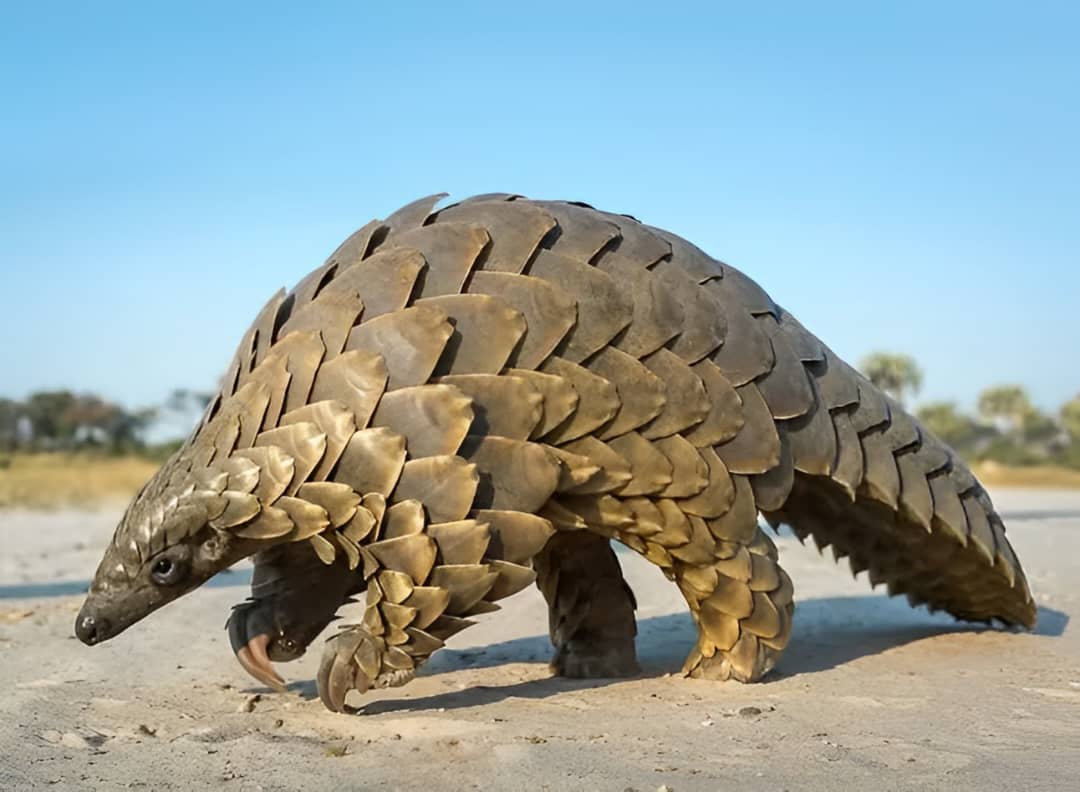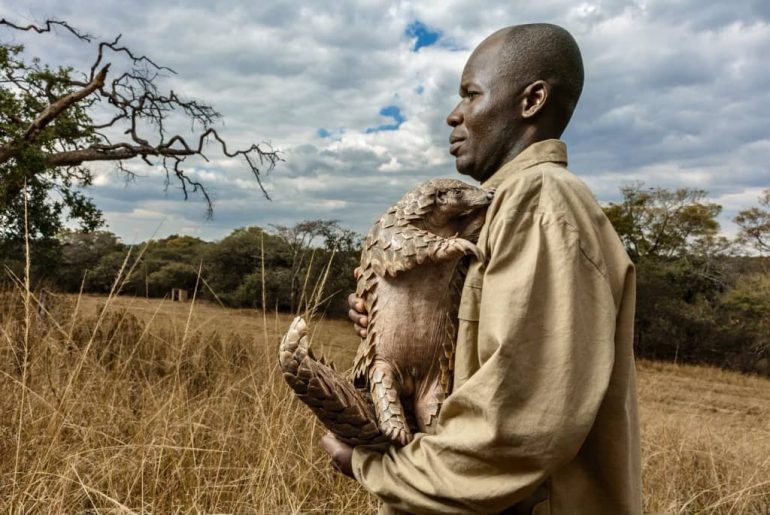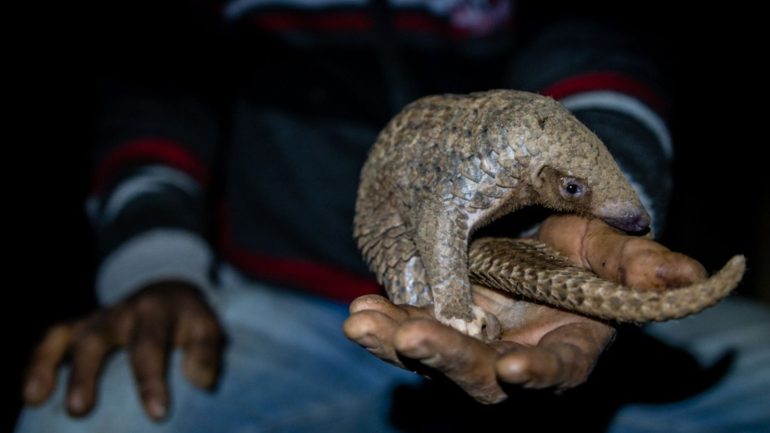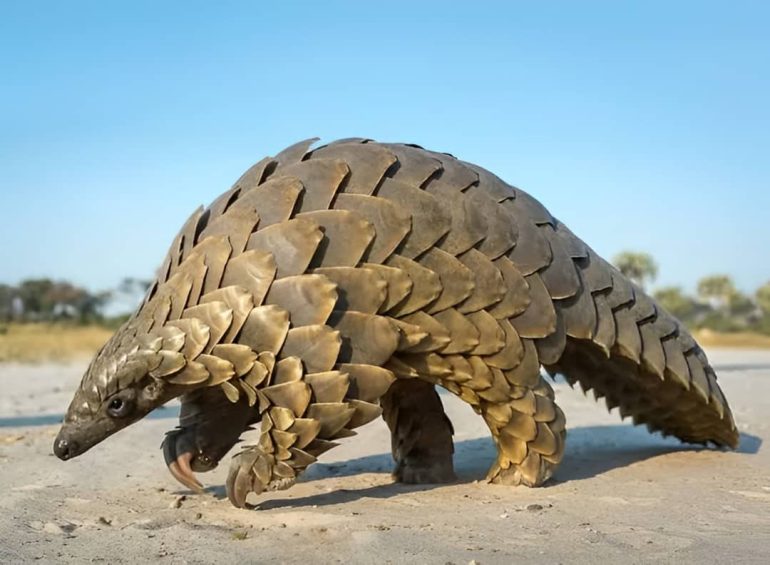Listeners:
Top listeners:
-
play_arrow
104.9FM Best rock music demo
-
play_arrow
Demo Radio Nr.1 For New Music And All The Hits!
-
play_arrow
Demo Radio Techno Top Music Radio
-
 play_arrow
play_arrow
Police Commissioner Launches Weapon and Riot Control Training for FCT Officers Democracy Radio
Animal Rights Group Accuses TikTok of Enabling Illegal Wildlife Commerce

By Oluwakemi kindness

The World Animal Protection has warned that TikTok is fueling illegal trade of endangered wildlife in West Africa, with traders in Togo openly advertising species such as the white-bellied pangolin to millions of users despite strict international trade bans.
In a new investigation released on Tuesday, the organization revealed that traders based in Lomé, Togo, are using TikTok to sell wild meat and other wildlife products to global audiences, bypassing national laws and international conventions.
Researchers analyzed 80 videos posted between November 2022 and April 2024, documenting over 3,500 animal carcasses representing 27 different species, many of which are protected under national legislation and international agreements. Among the most alarming findings were more than 130 white-bellied pangolins (Phataginus tricuspis), an Endangered species banned from international commercial trade under the Convention on International Trade in Endangered Species of Wild Fauna and Flora (CITES).

Dr. Angie Elwin, Head of Research at World Animal Protection, said TikTok’s failure to enforce its own rules is placing wildlife at unprecedented risk.
“Social media is becoming the new marketplace for endangered wildlife. It is easily accessible and massively unregulated, placing a direct threat to species’ survival,” Dr. Elwin said. “If platforms do not act, extinction could unfold in real time on their apps.”
The analyzed videos collectively garnered nearly 1.8 million views, 53,000 likes, and more than 6,000 shares. One video featuring smoked pangolins alone attracted over 216,000 views.

Beyond the threat to biodiversity, the report highlights public health risks, pointing out that many of the species traded online—including pangolins, rodents, and mongooses—are known carriers of zoonotic diseases. Researchers also documented serious animal welfare concerns, including evidence of inhumane methods of capture and slaughter.
Lead author Delagnon Assou of the University of Lomé noted that social media has transformed the scale and reach of the trade:
“What was once a local practice is now reaching audiences far beyond national borders. This shift raises urgent concerns for wildlife conservation, public health, and the communities that rely on these species,” Assou said.
The report urges TikTok to strengthen its content moderation systems, implement automated detection tools, and launch public awareness campaigns. It also calls on governments to harmonize wildlife laws, enforce CITES regulations, and support alternative livelihoods to reduce dependence on wildlife trade.
With more than 1.5 billion active users worldwide, TikTok is now under increasing pressure to prevent its platform from becoming a global marketplace for illegal wildlife trade.
Written by: Toyeebaht Aremu
#animalaid #DemocracyRadio #PETA #Wildlife
Similar posts
Copyright Democracy Radio -2024


